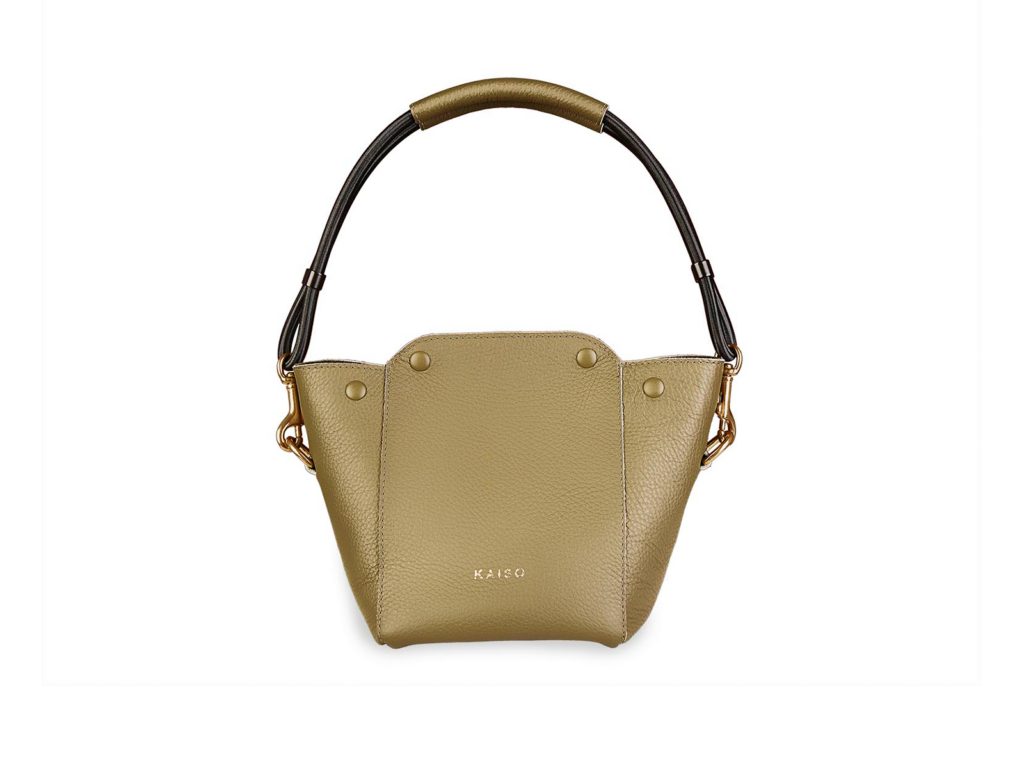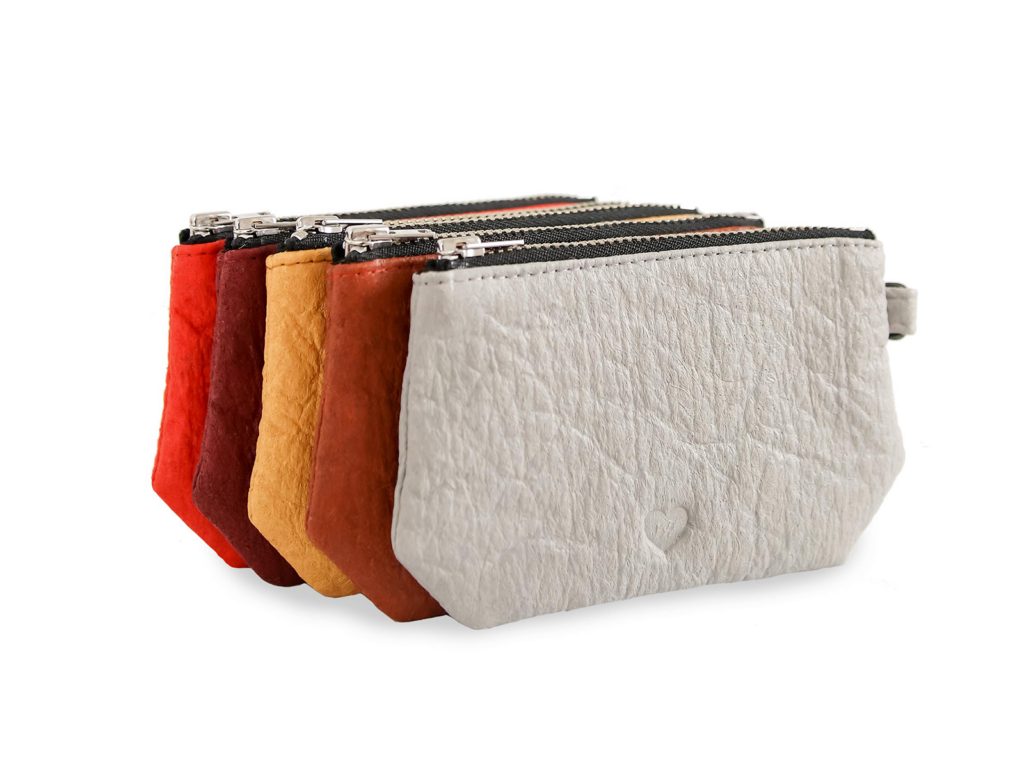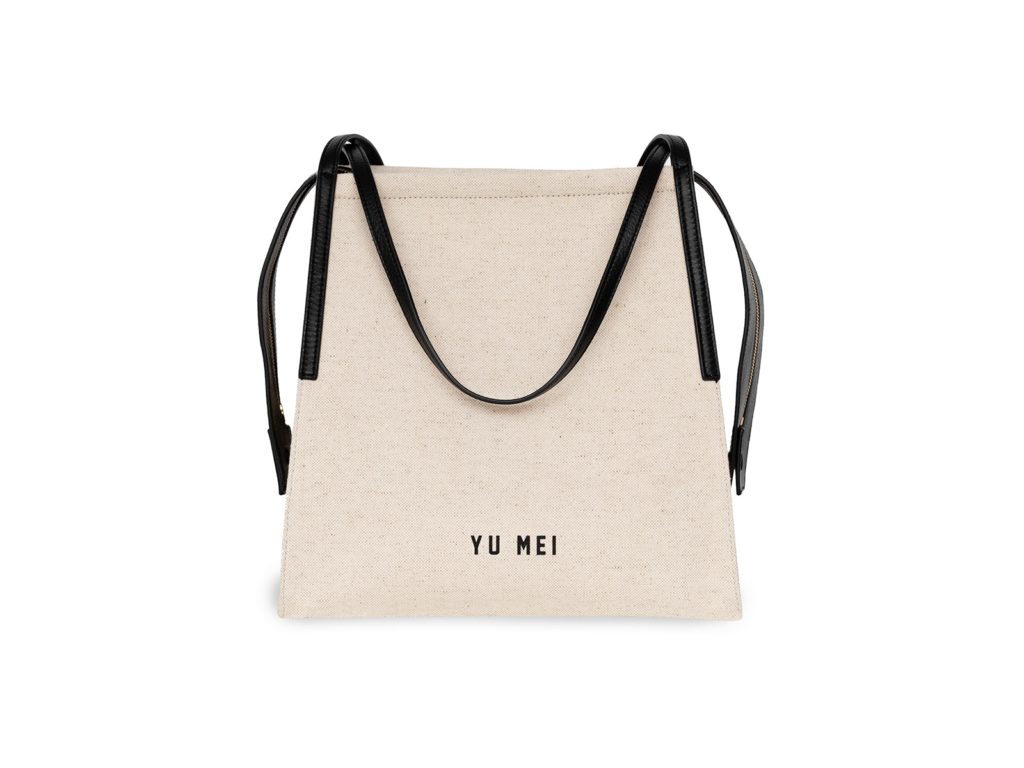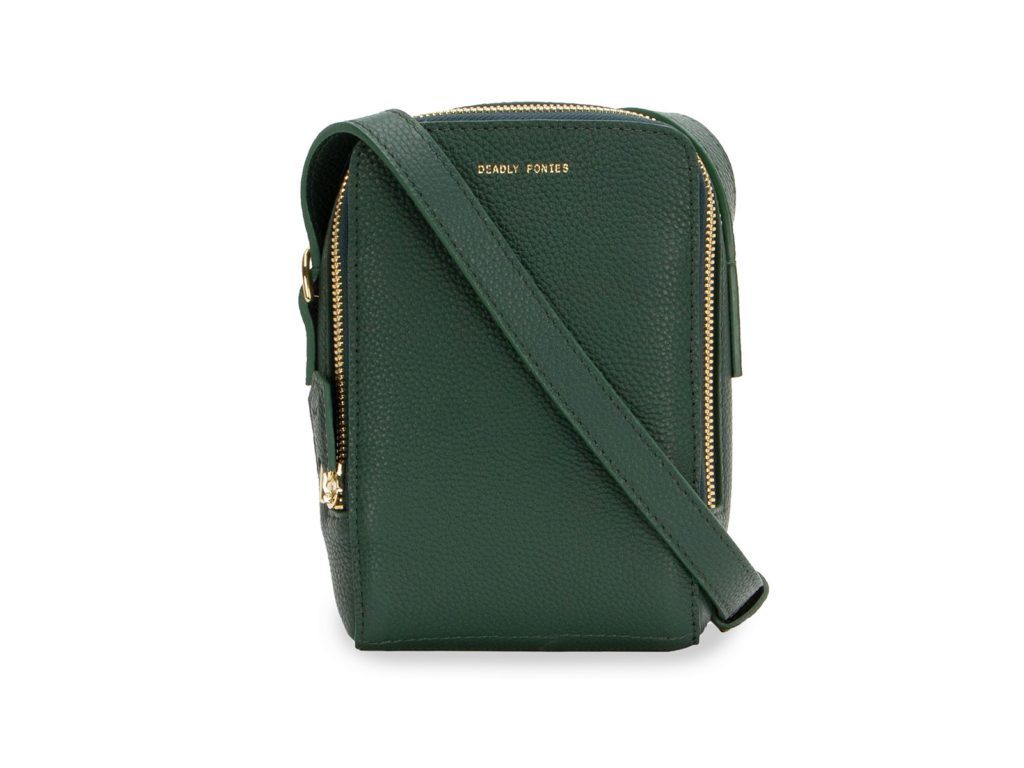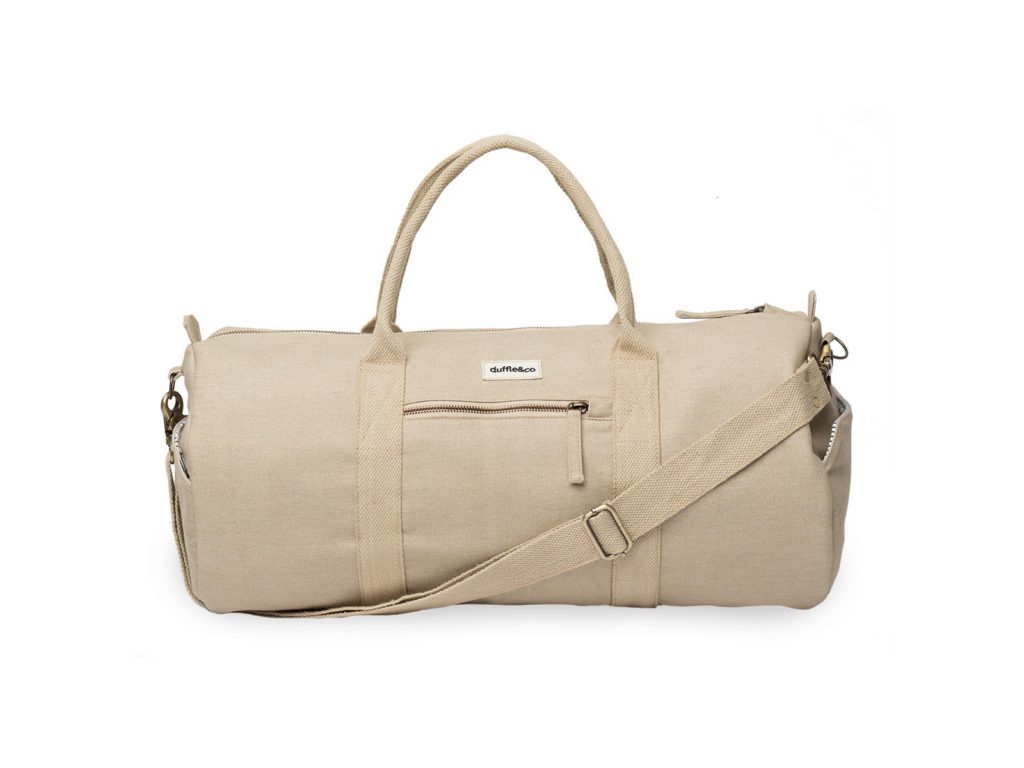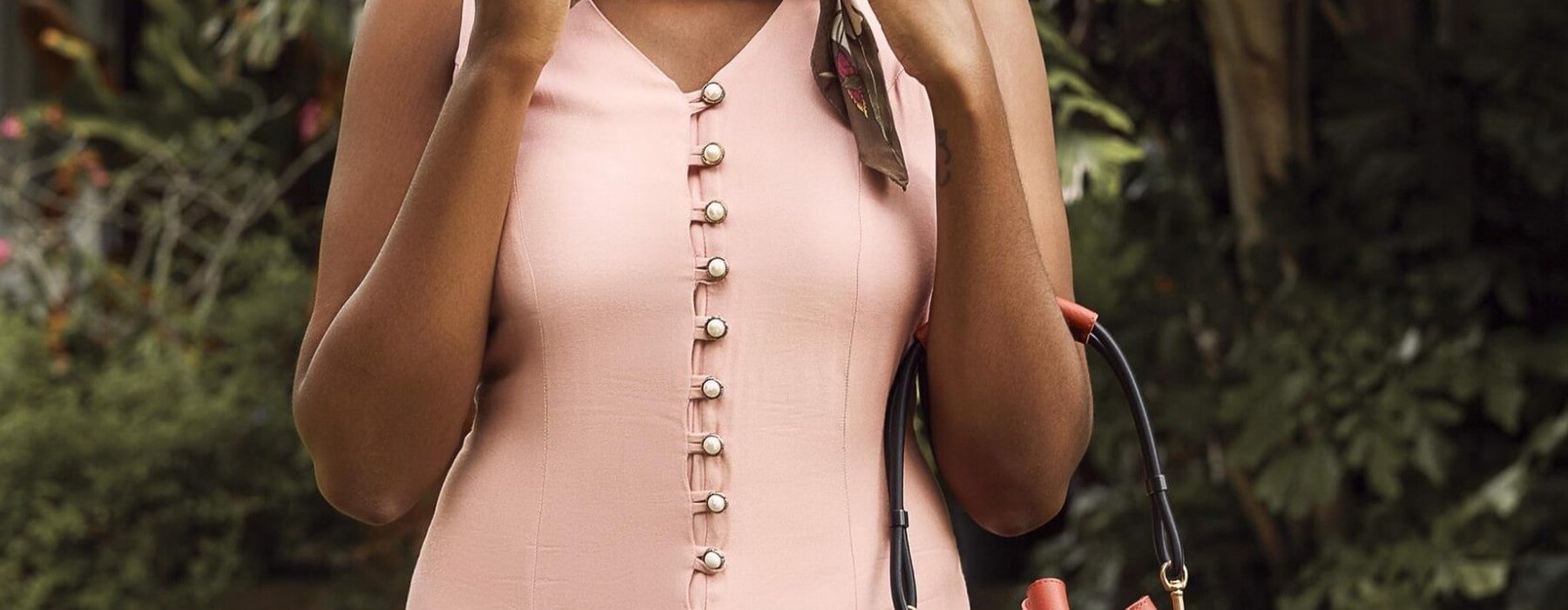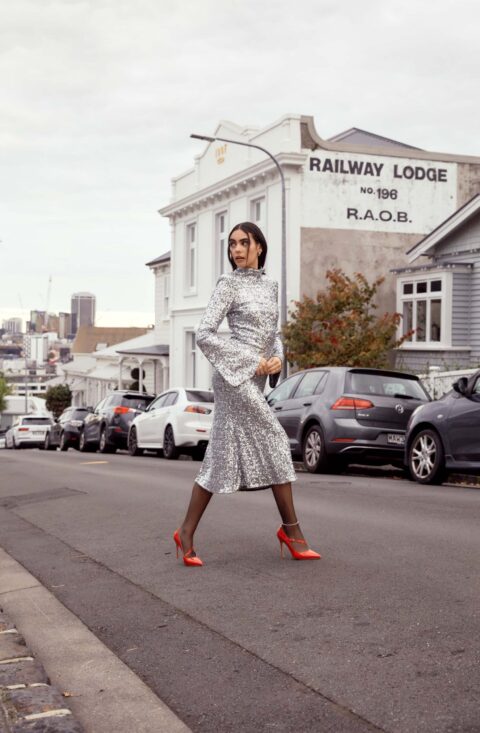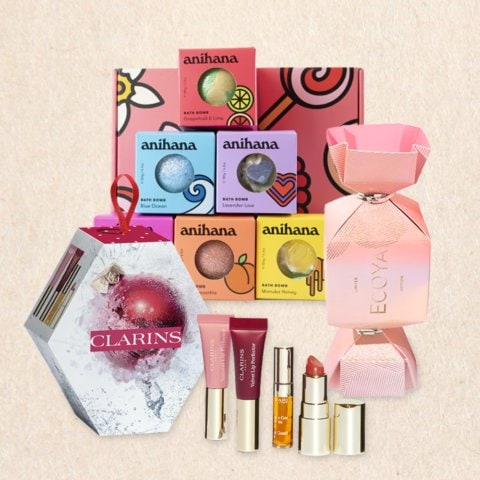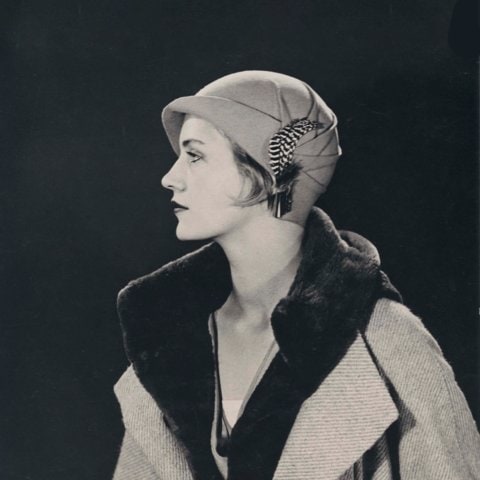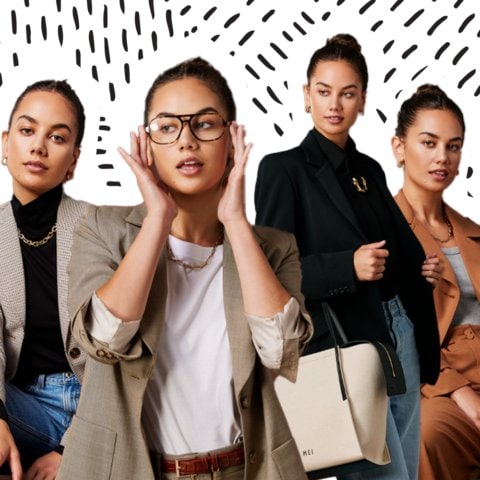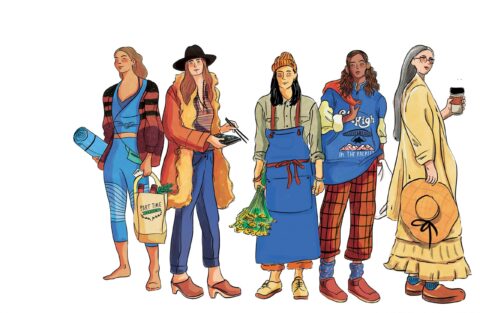Your handbag carries more than just everyday essentials, it may also hold the keys to a more sustainable tomorrow. Jessica-Belle Greer gets to the bottom of the best possible practices.
For conscious consumers, our trusty holdalls’ sustainability credentials have become like Mary Poppins’ bag, as brands pull out countless innovations (and misinformation), and we try to make sense of it all.
Fortunately, many New Zealand makers are becoming increasingly open about their practices. “For us, transparency is the foundation … helping to change the fashion industry and increase awareness so that customers can make an informed and considered purchase,” says Liam Bowden, the co-founder of Deadly Ponies, which is on a mission to become the world’s most responsible handbag brand.
For a business to dream big and think sustainability, it has to be at the core of every decision, says the founder and director of Yu Mei, Jessie Wong. “We approach it holistically as something that is built into our systems and supply chain, rather than added as an afterthought.”
Material things
While a certain nanny relied on floral carpet miracles, Deadly Ponies and Yu Mei use New Zealand deer nappa farmed under the Five Freedoms standard, which makes sure deer are well cared for.
Both brands are developing circularity programmes, including repairs and recycled collections to extend wear, as they work towards B Corporation status, which shows that they reach high social and environmental standards.
As their plans unfold, Deadly Ponies is looking into fully biodegradable leathers with an exclusive supplier. They have also opened their own factory in Chiang Mai, Thailand, that will allow them to supply products internationally while meeting their sustainability ideals. The site runs on 100 percent renewable energy.
“With the significant closure of the light leathers industry in New Zealand, and dwindling skilled leather craftsmen, we had to make the difficult decision to move offshore,” explains co-founder Steve Boyd. “We saw this as an opportunity to bring our dream of owning and operating an eco-atelier to fruition; designing our production facility with intention and longevity in mind.”
Meanwhile Jessie is looking into compostable leather and hopes to run her own regenerative farm one day.
“Kiwis are some of the most innovative people on the planet, which I think often comes back to the mindset that is cultivated by living on an island – if it’s not easily accessible, or there’s a problem that needs fixing, we’ll invent it!” she says. “I also think New Zealanders have pride for the land and look after Papatūānuku.”
While boutique labels are naturally more sustainable due to their smaller quantities, they also have smaller buying power – so it can be hard to secure sustainable materials. This is something the founder of Kaiso, Summer Gribble, has experienced first hand. “I have found it difficult to source different components for my bags here, and have been forced to get creative and to think outside of the box for a solution.”
Kaiso bags, made mainly from New Zealand leather, can be worn in various shapes thanks to Summer’s dome design. “Besides enjoying the challenge of creating something visually interesting and unique, versatility and functionality are at the heart of the design process for me,” she says. “I think multi-functionality appeals to me because I want the most bang for my buck.”
The most delightful way
When Saben founder Roanne Jacobson started her premium handbag business in 1998, she used excess car manufacturing materials and a “number eight wire mentality”. Now she’s developing innovative recycled leather collections that combine offcuts with a natural binding agent from rubber trees. “This new technology creates such a wonderfully resilient material for everyday use in a bag,” she says. “The industry is pushing for the powerful multinational brands to start choosing better, so that truly innovative sustainable manufacturers can scale and therefore make things attainable to everyone.”
Roanne has found a clay replacement for the toxic, moisture-controlling gel sachets in bags. “When people talk about sustainability, they talk about the journey, and that’s exactly what it is,” she adds. “It requires rethinking everything you touch every day.”
For those who avoid animal products, leather alternatives are now a viable option. “Vegan leather has an undeniable history in environmentally unfriendly textiles like vinyl. However, some very talented textile producers have solved this by designing some incredible plant-based leather alternatives,” says Velvet Heartbeat owner Suzie Eggleton. “This makes for a highly sustainable and convincing alternative to animal leather.”
There’s Piñatex, from pineapple leaves; apple leather, made using waste from juice production; and cactus leather, which Deadly Ponies also uses, which is a pharmaceutical industry by-product. “Everything can always be more sustainable and more circular,” says Suzie. “It’s important to look into how transparent a brand is (vegan or non-vegan alike) with their sourcing, so that you can make buying decisions based on your values.”
Buying based on lasting values? It’s practically perfect in (almost) every way.
Worker welfare
Looking after the welfare of workers is a big part of being socially responsible. Local company Duffle & Co employs skilled craftsmen who lost their jobs when surf brands left to seek cheap labour, in a family-run workshop in Bali. “Working with small workshops like these is how we envision the future of fashion design and production,” says CEO Danny Pritchard. “Our goal is to ensure each product purchased actually reverses environmental impacts … ensuring we bring a positive overall benefit to our planet.”
5 sustainable handbags
